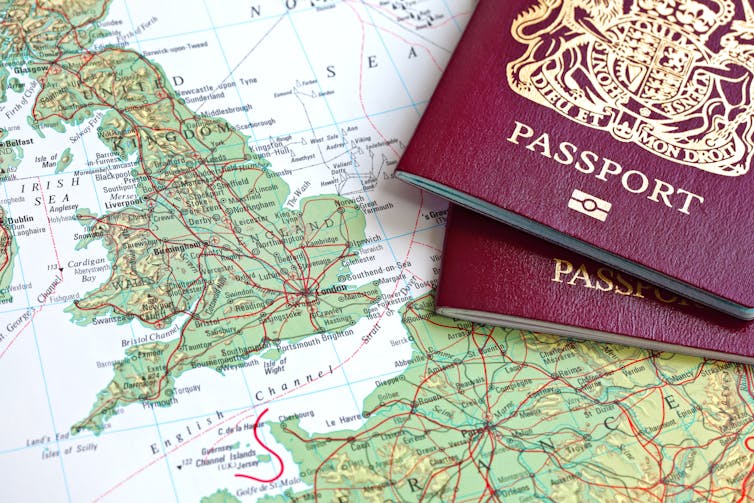
THE French government has issued a decree on 16 March, 2020 with further measures to try to contain the spread of the Covid-19 Corona virus, writes Sharon Rees-Williams.
The main measure is to prevent people circulating and meeting, so that the contamination chain might be broken.
This measure came into force at noon on the 17 March, operating until at least the 31 March, 2020.
Local authorities (that is : the Préfet) can take more restrictive measures if needed (it is not the case in Dordogne at the current time but this could change).
The idea is to ask people to stay home, that is in their house, including terrace and garden, and avoid any contact with other people (including close friends and family), and circulating on public places (even in open air spaces).
There are exceptions aimed to allow people mostly to buy food and to have health care.
This is in addition to the previous instructions: washing hands very often, stay at a distance of at least 1 meter from other people, and protect your mouth and nose when coughing and sneezing either with a disposable tissue (and then dispose) or with your elbow.
The fine for not following these rules will start at 38€, extending over time to 138€ if necessary. But of course, who wants to feel that they may have contributed to the spread of this virus, as people can host the virus and transmit it without presenting any symptoms at all.
The document below is intended to help you understand the restriction measures, and help assist you in completing the form you will need to take out with you every time you go outside.
This form can be printed, you can find it on the government site, whilst here is a copy of a French to English translation of the form for guidance (produced voluntarily).
Download Attestation déplacement COVID-19 french to english
SOLDIERS are to be deployed to tourist attractions and towns in the Dordogne as security measures are maintained as part of the Opération Sentinelle plan to protect against terrorist acts.
